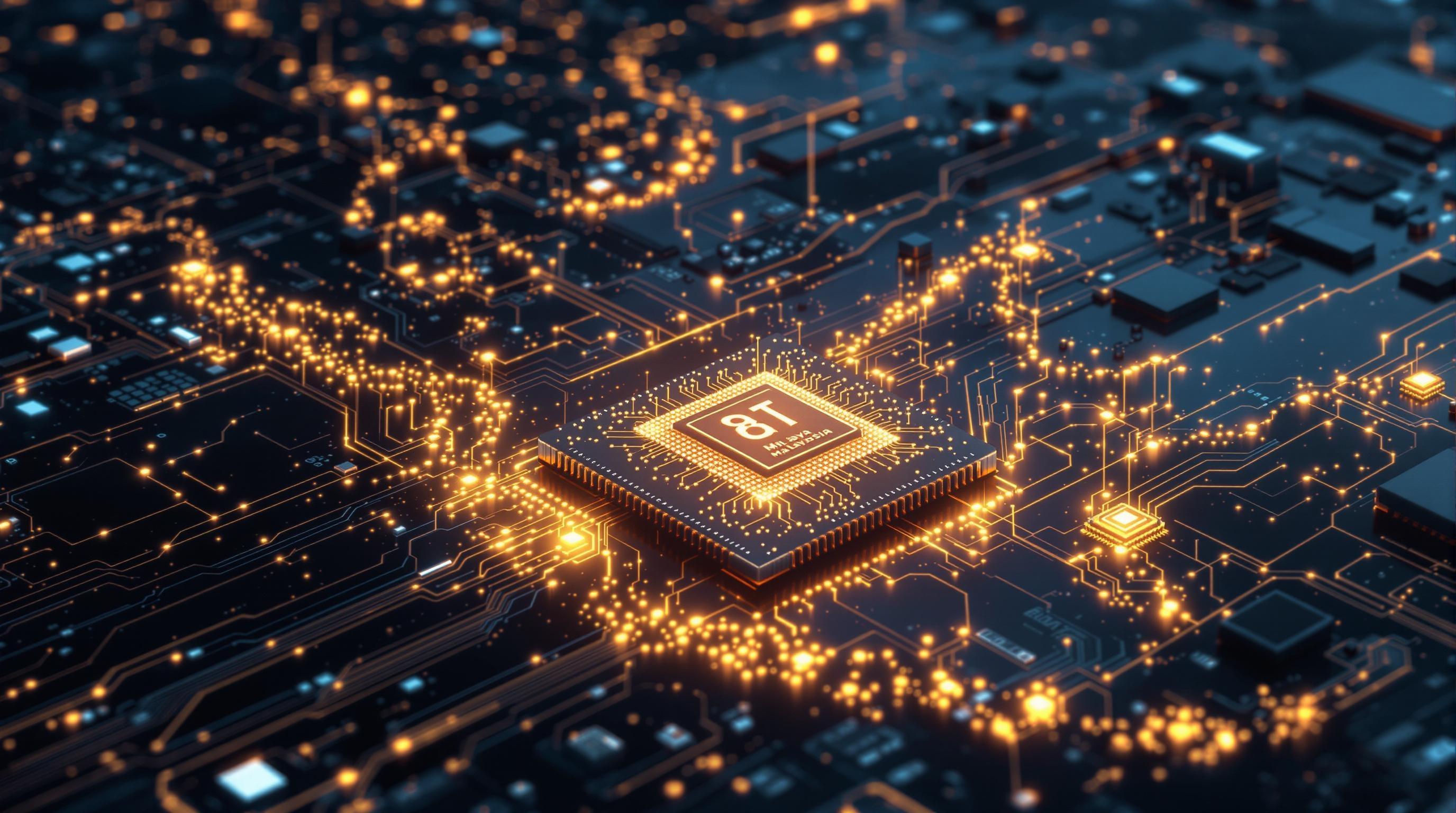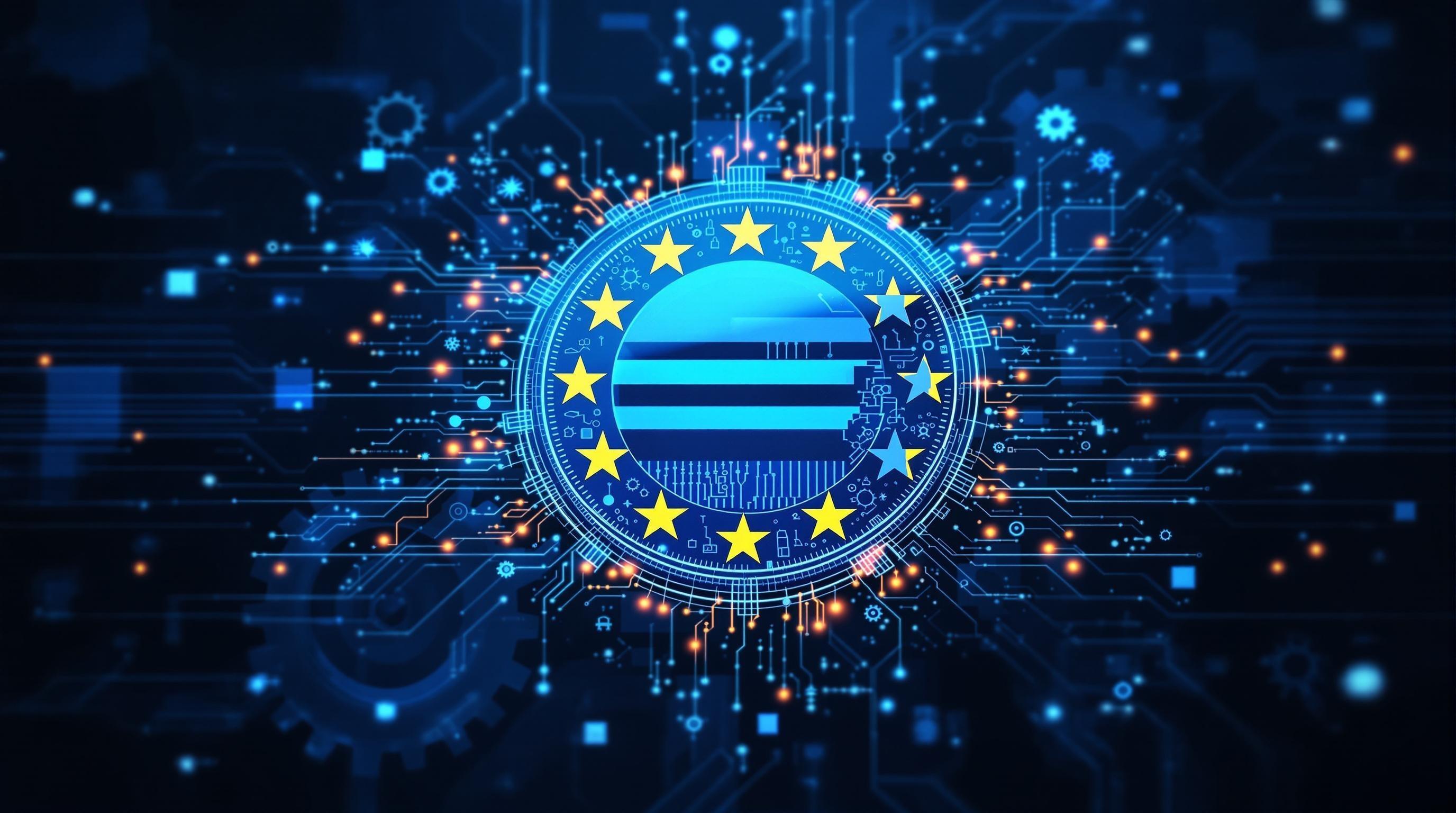🌐 Malaysian AI Chip Controls Heighten Geopolitical TensionsMalaysia now requires Strategic Trade Permits and 30-day advance notifications for all U.S.-origin high-performance AI chips, after evidence that Chinese engineers rented Malaysian data centers to train large language models. Why this matters: The move tightens Southeast Asia’s role in U.S. export controls, forcing tech hubs to balance national security demands with ambitions to remain attractive to global AI developers.

🤖 GPT-5 Summer Release Confirmed Amid Consolidation StrategyOpenAI will this summer unveil GPT-5, merging its O-series reasoning engines with GPT-4’s multimodal text, image, and audio capabilities into a single model—eliminating the need to switch between variants. Why this matters: A unified powerhouse AI streamlines developer and user workflows, accelerating adoption and intensifying competition with Google’s Gemini and China’s DeepSeek.

⚖️ EU AI Re
gulation Advances Despite Industry ResistanceThe European Commission refuses to delay the AI Act’s August 2025 obligations for general-purpose models, enforcing new transparency rules on training data disclosure, copyright safeguards, and systematic risk assessments. Why this matters: As the world’s first comprehensive AI law, it sets a global benchmark for accountability—pushing vendors to reveal their model development practices or face legal consequences.
💼 Meta’s Unprecedented AI Talent Acquisition CampaignMeta is offering up to $300 million over four years to poach top AI researchers—already landing key hires like former Apple executive Ruoming Pang—and pouring $60–65 billion into 2025 AI infrastructure, including a 2 GW data center. Why this matters: Such aggressive spending underscores AI as Meta’s core growth driver, fueling a global talent war that will reshape where breakthrough research happens.
🏛️ Virginia Launches First-of-Kind AI Regulatory ReviewVirginia’s governor has deployed agentic AI tools to scan and streamline state regulations—automating removal of outdated or redundant rules and saving citizens an estimated $1.2 billion annually in compliance costs. Why this matters: This pioneering use of AI in governance demonstrates how machine-driven regulatory audits can boost efficiency and transparency in the public sector.

🧠 Japan Approves AI-Powered Depression Diagnosis SystemJapan granted conditional approval for an AI algorithm that analyzes resting-state MRI scans to diagnose depression with 70% accuracy, marking the first clinical step toward biologically based mental-health diagnostics. Why this matters: By moving beyond subjective assessments, AI-driven brain-scan analysis could revolutionize psychiatric care and accelerate objective mental-health interventions.
💰 AI Startup Funding Maintains Strong MomentumIn H1 2025, AI startups attracted over 50% of all VC dollars—highlighted by Anysphere’s $900 million coding-assistant round and Applied Intuition’s $600 million autonomous-vehicle raise—while digital-health AI led sector growth. Why this matters: Surging investment signals investor confidence that AI agents and specialized tools will drive the next wave of enterprise and consumer innovation.
🚀 Breakthrough AI Models Demonstrate Human-Level PerformanceManus AI outperformed human analysts in real-world reasoning benchmarks, Google’s Gemini 2.5 Pro scored a record 63.8% on coding tests with 1 million-token contexts, and OpenAI’s o3 hit 87% on ARC-AGI. Why this matters: These record-shattering advances bring practical AI agents within reach for complex decision-making tasks, from finance to scientific research.
🔍 DeepSeek Continues Disrupting Global AI CompetitionChina’s DeepSeek released an updated R1-0528 reasoning model that rivals top-tier U.S. offerings at a fraction of the cost, forcing incumbents to introduce lower-priced access tiers. Why this matters: Democratized, royalty-free AI challenges pricing norms and accelerates innovation among smaller labs worldwide, reshaping the economics of cutting-edge AI.
🔑 Key Takeaway:From geopolitics to product consolidation, transparency mandates to talent wars, today’s AI shifts underscore that 2025 will be the year AI moves from experimental to indispensable—forcing industries, regulators, and nations to adapt at breakneck speed.
Stay tuned for tomorrow’s briefing!
LONG VERSION:
AI in 2025: Geopolitics, Breakthroughs, and the Dawn of Indispensable AI## Malaysian AI Chip Controls Heighten Geopolitical Tensions: The New AI Cold War?
The geopolitical chessboard is being redrawn, with AI News positioned at the center. Malaysia's recent implementation of Strategic Trade Permits for U.S.-origin AI chips marks a significant escalation in the AI arms race. This regulation, mandating a 30-day advance notification for AI chip exports, has ignited concerns about technology flow, particularly given reports of Chinese engineers leveraging Malaysian data centers for LLM training. This move highlights Southeast Asia's pivotal role in the intricate web of U.S. export controls, compelling nations to navigate the delicate balance between national security and AI development ambitions. These developments suggest we may be entering a new AI Cold War, where access to and control over AI chips are paramount strategic assets.
OpenAI's GPT-5 Arrives: A Unified AI Powerhouse Set to Dominate the Summer
The anticipation is palpable. OpenAI has officially announced the summer launch of GPT-5, poised to redefine the AI landscape. Far from a mere incremental upgrade, GPT-5 represents a strategic fusion of their O-series reasoning engines with the already impressive capabilities of GPT-4. This unified model, expertly handling text, image, and audio, promises to streamline workflows for developers and end-users alike. The release of GPT-5 is expected to intensify the competitive pressures with Google’s Gemini and China’s DeepSeek, as the battle for AI supremacy heats up. Stay tuned to AI News for the official GPT-5 release date and an in-depth exploration of its groundbreaking capabilities.
EU AI Act Advances Despite Industry Resistance: New Era of AI Transparency
The EU AI Act continues its march forward, establishing a global benchmark for AI accountability. The European Commission will begin enforcing its obligations in August 2025, mandating transparency rules encompassing training data disclosure, copyright safeguards, and systematic risk assessments. This landmark legislation requires vendors to provide unprecedented visibility into their model development practices. Legal repercussions for non-compliance signal a new era where AI development is subject to rigorous oversight and ethical considerations.
Meta's Unprecedented AI Talent Acquisition: A $300 Million Shopping Spree
Meta is making an aggressive push into AI, reportedly offering up to $300 million to attract leading AI researchers, demonstrated by key hires such as former Apple executive Ruoming Pang. This talent acquisition strategy is supported by a massive $60–65 billion investment in 2025 AI infrastructure, including a new 2 GW data center. Meta views AI as the primary engine for future growth, driving its metaverse ambitions and beyond. This global AI talent war is fundamentally reshaping the research landscape, concentrating expertise within a select group of tech giants.
Virginia Launches AI-Powered Regulatory Review: Saving Billions with AI
Virginia is at the forefront of AI adoption in governance. The state is pioneering the use of agentic AI to streamline state regulations by automating the identification and removal of outdated or redundant rules. This innovative approach is projected to yield annual savings of $1.2 billion in compliance costs. By embracing AI-driven regulatory audits, Virginia is enhancing efficiency and transparency within the public sector, showcasing AI's transformative potential for government operations.
Japan Approves AI Depression Diagnosis: A Breakthrough in Mental Healthcare
Japan has achieved a significant milestone with the approval of an AI algorithm for depression diagnosis. This algorithm, analyzing resting-state MRI scans with 70% accuracy, marks the first clinical advancement toward biologically based mental health diagnostics. This moves beyond traditional subjective assessments, holding the potential to revolutionize psychiatric care through objective AI insights. Japan is leading the integration of AI into healthcare by accelerating the development and deployment of objective mental health interventions.
AI Startup Funding Soars: Investors Bet Big on the Future of AI
Investor confidence in AI is surging. In the first half of 2025, AI startups captured over 50% of all venture capital investment. Notable funding rounds include Anysphere’s $900 million raise for its coding assistant and Applied Intuition’s $600 million for autonomous vehicle development. The digital health AI sector is also experiencing substantial growth, fueled by investor interest in AI agents and specialized tools. This funding influx underscores the belief that AI will be the primary driver of the next wave of innovation across both enterprise and consumer sectors, with startups leading the charge.
AI Models Achieve Human-Level Performance: The Rise of Practical AI Agents
AI is rapidly approaching human-level performance across a widening range of tasks. Manus AI is now surpassing human analysts in complex reasoning benchmarks. Google’s Gemini 2.5 Pro achieves a 63.8% score on coding tests, while OpenAI’s o3 reaches 87% on ARC-AGI. These advancements are facilitating the development of practical AI agents capable of tackling increasingly sophisticated decision-making processes. Applications in finance and scientific research are expanding as human-level AI performance becomes increasingly accessible.
DeepSeek Disrupts Global AI Competition: Democratizing AI Access
DeepSeek is challenging the established AI order. The company's updated R1-0528 reasoning model offers performance comparable to leading U.S. models, but at a significantly lower cost. This development is prompting established players to introduce lower-priced access tiers, expanding access to cutting-edge AI technologies. By providing democratized, royalty-free AI, DeepSeek is fostering innovation among smaller labs and transforming the economics of AI development. This shift has the potential to create a more equitable ecosystem, encouraging broader participation in the AI revolution.
Keywords: AI, Artificial Intelligence, GPT-5, AI Regulation, AI Talent Acquisition, AI Chip Controls, AI Startup Funding, AI Models Performance, DeepSeek AI, EU AI Act, AI in Governance, AI in Healthcare, AI-Powered Depression Diagnosis, Malaysia AI Chip Restrictions, Generative AI
Hashtags: #AI2025 #ArtificialIntelligence #MachineLearning #AITrends #DeepLearning
For more AI insights and tool reviews, visit our website https://www.best-ai-tools.org, and follow us on our social media channels!
Website: https://www.best-ai-tools.org
X (Twitter): https://x.com/bitautor36935
Instagram: https://www.instagram.com/bestaitoolsorg
Telegram: https://t.me/BestAIToolsCommunity
Medium: https://medium.com/@bitautor.de
Spotify: https://creators.spotify.com/pod/profile/bestaitools
Facebook: https://www.facebook.com/profile.php?id=61577063078524
YouTube: https://www.youtube.com/@BitAutor




